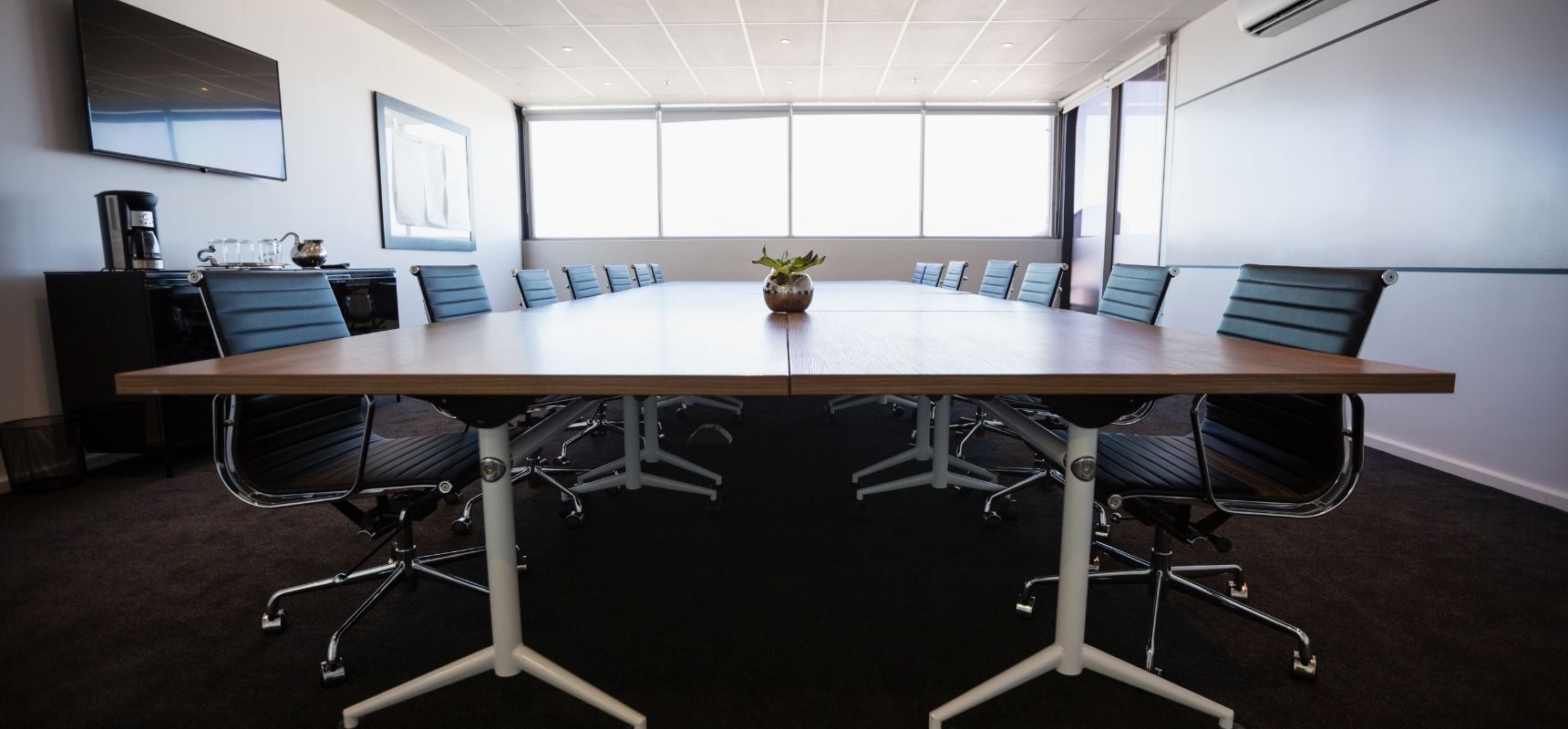Preparing for a Settlement Conference
As a mediator and facilitator of 25 years’ experience, I have had the opportunity to observe a wide range of negotiation skills and strategies adopted by lawyers and their clients in settlement conferences and mediations.
But one thing that I have noticed consistently is that parties who are well prepared tend to perform better during the mediation and are more likely to achieve the outcomes they are looking for.
Here are 4 fundamental steps that your team can take to help them prepare for a settlement conference or mediation.
1. Know the facts and law:
Parties and their lawyers should do the work required to understand the relevant facts and legal arguments as best they can, taking into account the stage of the negotiation.
Sounds simple, doesn’t it? But I often see that the lawyers have not done the work to collect the important information and documents and do the necessary legal analysis before the settlement conference or mediation.
This not about trying to impress the other side or your client; rather, it is fundamental background work to help answer the questions that are to be raised, such as:
- why did this dispute happen
- how can we make sure that it does not happen again
- and what is likely to happen in a court or arbitration if we don’t settle?
2. Understand your party’s interests and desired outcomes:
Consider what options are available to settle the dispute and what will be the important outcomes to achieve. Try to rank those potential outcomes in terms of their importance:
- What are the most important things to achieve and what are the “nice to have” outcomes?
- What outcomes are “necessary” in the sense that if we don’t achieve those things, then we will walk away from the negotiation and do something else?
One way to do that is draft a settlement agreement ahead of the day – it helps to focus the mind on what “success” looks like:
- If there is likely to be some payments of money, such as a settlement sum, how and when should that be paid, is it in instalments (if so, over what period of time) and will security be required?
- Will advice be needed about the tax consequences of the likely terms of settlement, and can that advice be obtained before the settlement conference or mediation?
- What will be the alternatives to a settlement – does that involve litigation, and what are the risks and costs (time and money) involved with that?
- If you are in a commercial arrangement with the other side, what will be the consequences for that relationship if you don’t settle?
- And what will you say when asked to compare a potential settlement offer with the alternative scenarios?
3. Understand the other party’s interests and desired outcomes:
Equally important in my experience is to try and put yourself in the other party’s shoes and consider the outcomes that they might be aiming to achieve, and what are likely to be the most important issues for them.
Why? Because in settlement conferences and mediation, an outcome can only be achieved by agreement with the other parties, so it is important to take into account what terms the other parties may or are likely to agree to.
Try and rank what you think will be the other side’s outcomes in order of importance and consider whether your team might be able to compromise in some way on those things that will likely matter most to the other side.
4. Logistics:
Some basic things to think about:
- Who will be attending on behalf of your team and will someone have authority to settle?
- Consider whether any limitation on authority should be discussed with the mediator so that they can consider how best to deal with that issue.
- Where will the mediation be held?
- Will there be enough space for all of the attendees, and a room big enough for a joint meeting?
- What IT will you need – a laptop, a printer etc?
- Have you prepared a draft settlement agreement (see preparation point 2 above), and how will the agreement be executed?
If you work through those 4 basic steps, that will put you on the right path towards preparing properly for the settlement conference or mediation.




